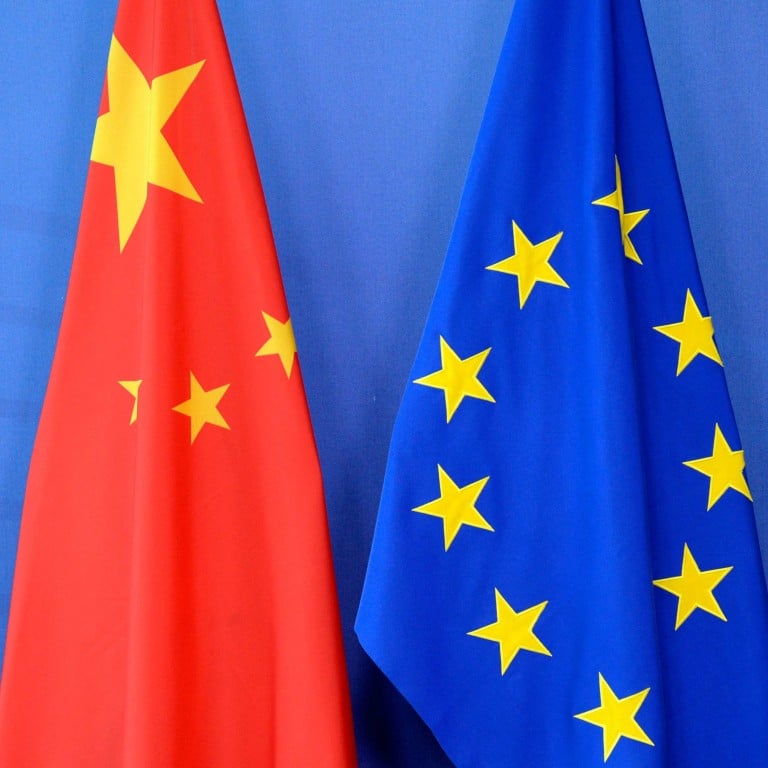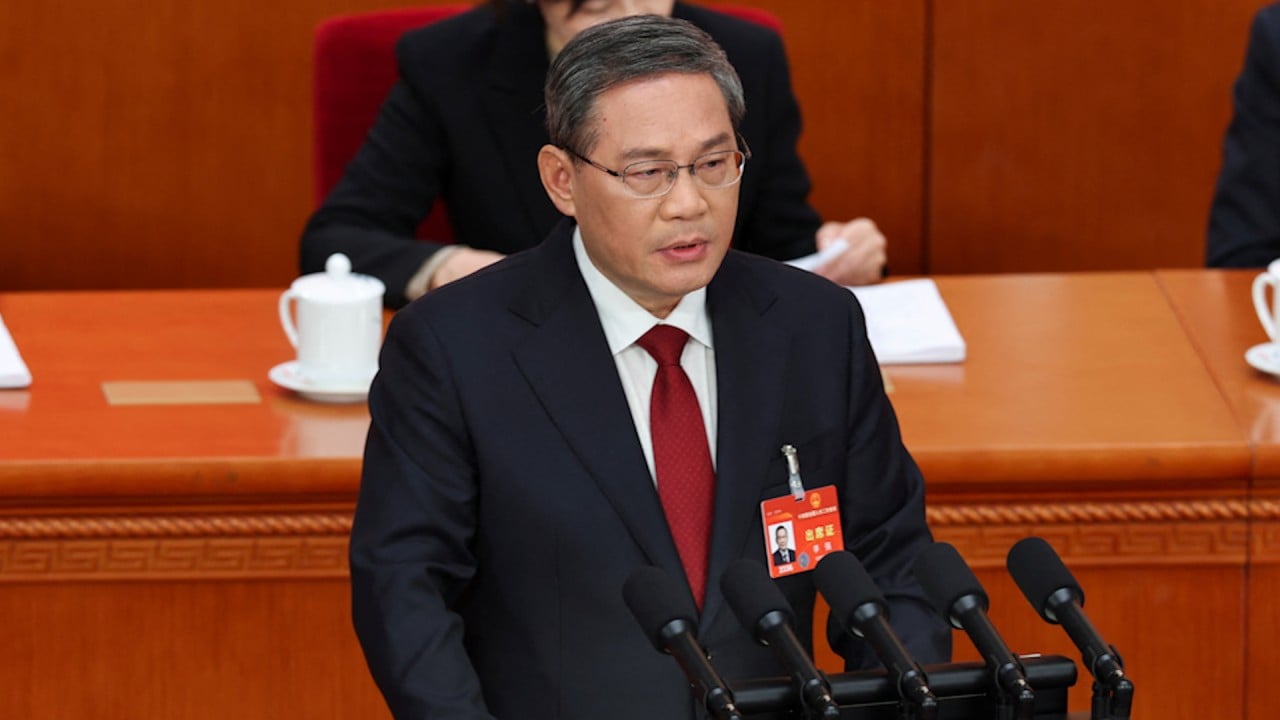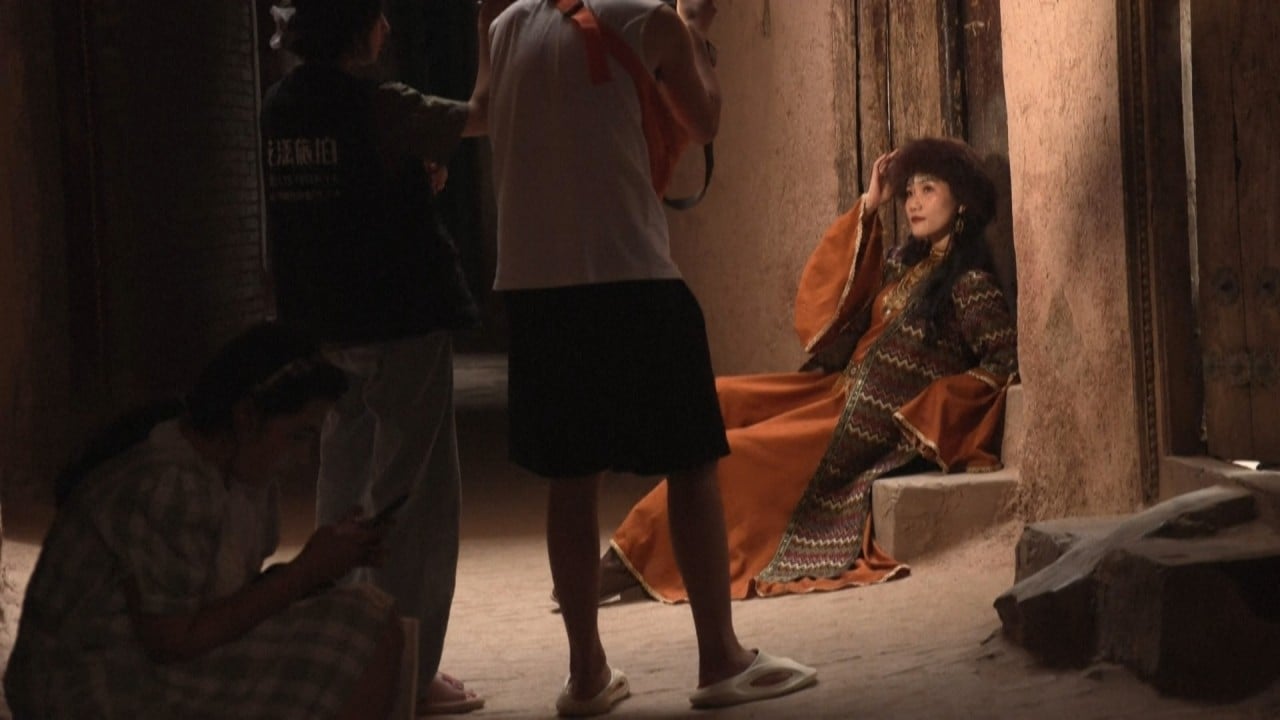
EU reaches deal on forced labour ban, with China’s Xinjiang in its sights
- Provisional agreement would target sectors and regions profiting from state-imposed forced labour based on database drawn up by European Commission
- Unlike American ban, which specifically targets goods made in Xinjiang, it will apply to products from all over the world, including the EU
The ban, which still needs to be approved by the European Parliament and the Council – made up of EU member states – will target specific economic sectors in places where state-imposed forced labour exists, based on a database drawn up by the European Commission.
China is not named in the documentation, given the need to comply with World Trade Organization rules. But the initial proposal was driven by widespread allegations of state-sponsored forced labour in the Chinese region of Xinjiang, which Beijing denies.
Nonetheless, unlike a US ban which specifically targets goods made in Xinjiang, it will apply to products from all over the world, including the EU.
Negotiators clashed over who would administer the ban, with its global remit expected to be a drain on resources. Commission sources on Tuesday said member states would need to afford them more staff to enforce the ban, “otherwise this is just headlines”.
As part of an early-morning deal reached by lawmakers from the parliament and council diplomats, the commission will investigate companies’ supply chains if suspicions are flagged outside the EU. Individual member states will investigate instances within the union.
“It is appalling that in the 21st century slavery and forced labour still exist in the world,” said Pierre-Yves Dermagne, the deputy prime minister of Belgium, which holds the rotating EU presidency, prioritised the ban.
“This hideous crime must be eradicated and the first step to achieve this consists in breaking the business model of companies that exploit workers.”
If an investigation finds that forced labour is present in a supply chain, authorities can demand the goods be withdrawn from sale and confiscated at the borders. Goods considered critically important will not be destroyed, but detained until the forced labour is traced to be eradicated.
As West wobbles on Ukraine war, China’s envoy kicks off European tour
As well as drawing up a list of suspected regions, the commission will identify products in which forced labour is considered a higher risk. In these instances, importers and exporters will have to submit extra details to EU customs, for example related to the manufacturer and supplier.
Samira Rafaela, a lawmaker who led negotiations on the deal, said it was “groundbreaking in the field of human rights”.
“It will prevent forced labour products from entering our market. And it has several references to remediation. It is a step forward in achieving fair trade and cleaning up supply chains, while prioritising human rights.”
Campaigners demanded that like the US, the EU place the burden of proof on importers who would be responsible for ensuring there is no forced labour in their supply chains – something the proposed risk-based legislation does not do.
“In the Xinjiang case, it would be better to have no legislation, because then there would be no illusion that the EU has done something. It’d be better to not have anything … if you can’t do something that’s properly effective, it’s better to not have it at all,” he said.
Xinjiang says new religious buildings must ‘reflect Chinese characteristics’



